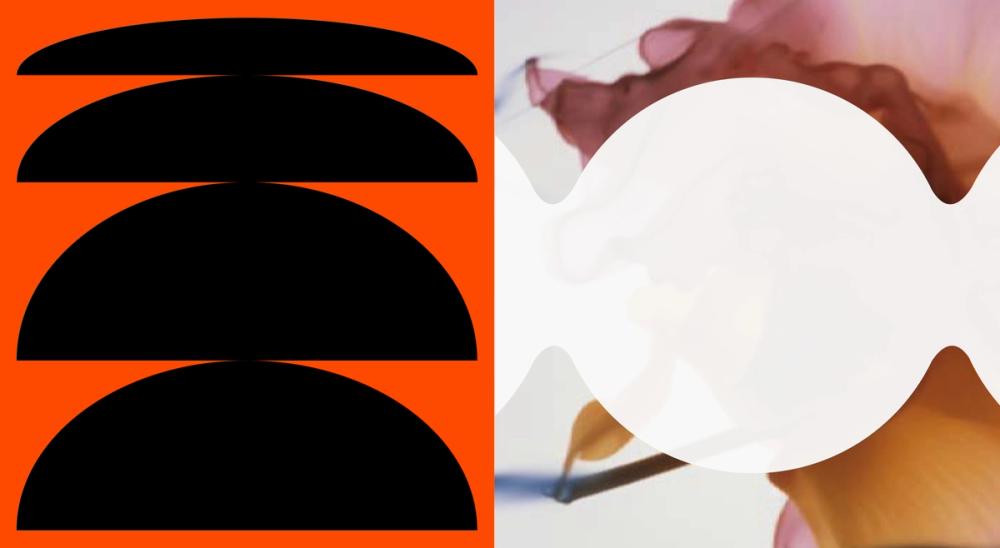Fractional marketers occupy a senior role for a set period of time – anything from a few hours or days a week, to a number of months. They’re often brought in to tackle a specific business challenge or fill an organisational gap, and in many cases it’s by brands that don’t quite have the need or resource for a permanent senior marketer. For startups in particular, a full-time CMO is often the last of the C-Suite to be hired.
Generally speaking, your fractional marketer isn’t a hands-on presence; they adopt more of a high-level, consulting role that taps into their breadth of ability and understanding. And many businesses find huge value in hiring someone that can offer a broader, ‘outsider’ perspective by virtue of not being there full-time.
For a three-part series, we’re delving into WHY fractional is trending and how it can help brands, WHEN it’s the right time to hire a fractional marketer, and HOW to get the most out of the relationship – with the help of some of the best fractional marketers working today.
So, what are the signs brands might benefit from a fractional marketer and when is the time to hire one? Scroll down to find out.


The green flags
There’s any number of reasons a brand might hire a fractional marketer, ranging from a desire to grow a business, a feeling that a brand isn’t connecting like it once did, or a sense that the creative output needs unifying. “It’s usually a very pinpointed, strong, needs-based trigger,” says Oliver Lo, a fractional CMO who has nearly two decades experience working with tech brands and startups.
“I think if you’re noticing a disconnect in the customer experience, then it’s a good time,” says Tatiana Simonian, a fractional CMO and brand consultant with 15 years experience driving growth for tech, social media and entertainment companies.
“If your top of funnel is stale, and you’re noticing your competitors gaining a lot more traction in the market it’s a good time. Maybe you’ve had a brand for awhile, maybe it’s a legacy product, or maybe you’ve been doing something in the market for two or three years and it’s time for a fresh change and a shakeup. Or you’ve never invested in marketing or branding.”
And if a business is entering into a critical period without much room for error, says fractional marketer Will Sowerby, hiring a fractional even for a day a week “could be the difference between success and failure”.
“If there are no highly experienced senior marketers on your board or advisory committee, you definitely should hire someone fractional.”
Tatiana Simonian, fractional CMO and brand consultant
A lack of branding expertise
A knowledge gap around marketing can be a driving force. The CMO is often the last C-Suite-level executive to be hired, meaning many organisations grow fast and wild without tackling the branding question.
“If there are no highly experienced senior marketers on your board or advisory committee, you definitely should hire someone fractional,” says Simonian.
"Many startups have scaled unsustainably, because they had so much venture money that enabled them to be lazy and buy Facebook and Google ads, and now reality is kicking in and they need to really think smarter about marketing,” says Lo.
Sometimes this lack of expertise can because the business has a team with plenty of energy but a shortage of senior experience. “If you have a highly energised, ambitious young team, their vim needs to be harnessed and given structure,” says Sowerby. “A fractional leader can serve as a quasi-mentor, helping the team’s growth and performance.”
“A fractional leader can serve as a quasi-mentor, helping the team’s growth and performance.”
Will Sowerby, fractional marketer
The communication is off
It might be that a brand has found success, but is struggling to effectively convey its purpose and value to people.
“Imagine it’s a B2B SaaS startup, but people come to your homepage and don’t know what the heck you stand for,” says Lo. “It begins to affect your business, because you work twice as hard to communicate what you do through the marketing and sales team, because you haven’t done it at the outset. With every sale, the cost doubles unnecessarily."
“Imagine it’s a B2B SaaS startup, but people come to your homepage and don’t know what the heck you stand for.”
Oliver Lo, fractional CMO
You’re at a marketing crossroads
For some businesses, the need arises when the marketing mix is being adapted. Growth-driving channels change as businesses grow, which means brands can benefit from hiring someone experienced with those different growth levers, and with a deep understanding of customers’ behaviour and where top-line revenue will come from.
“As marketing efforts and spend diversify even more, you’ll have to decide if the business needs a marketer whose core expertise is growth-marketing, like media buying or managing ad accounts, or if they should be a community-driven organic marketer first and foremost who understands performance marketing,” says Grace Clarke, a fractional marketer who’s worked with Target, Graza and Jones Road Beauty.
“If you’re coming to a major crossroads on your marketing strategy, this is when it can be useful to bring in a fractional CMO,” agrees Lo. You might be struggling to find that organic growth lever that fits your business like a glove. You might need to rethink your brand because you've pivoted or shifted somewhat.”
“You might be struggling to find that organic growth lever that fits your business like a glove.”
Oliver Lo
It’s time to scale
In some instances, a brand will bring on a fractional marketer because they’ve reached a certain level and need to start scaling. Often, says Sowerby, the speed and quality of decision making is what determines the rate of growth – which means wrong or slow decisions cost time and money. “Having someone on hand who has been there and done it can improve the probability of success,” he adds.
I've worked with startups that have a really efficient media and a really healthy margin, and everything is good, but they’re not going anywhere anymore,” says Lo. “You can be a healthy brand, but need to catalyse your growth and aren’t sure what the path forward is.
“Your marketing team might be running cycles but it seems to be going nowhere. Sometimes just a few months with a marketer who has been there, can help you to get spinning much more productive cycles on marketing.”
“You can be a healthy brand, but need to catalyse your growth and aren’t sure what the path forward is.”
Oliver Lo
You have a lot of moving parts
Where many fractional marketers shine is their ability to link everything together. As fractional CMO Brady Donnelly points out, brands can find themselves working with a long list of different agencies – media, email, creative, social – and uncertain how to get them all on the same page.
“I often work with brands that already have agencies, and what surprises them is how much they have to do to support the agency once they kick off, particularly when it comes to content production and promotional structures,” he explains. “The workload actually increases after the agency search is complete.
“You can have all the pieces, but not really know how they work together. If you’re trying to figure out what each of these teams do and ensure the strategy is cohesive across all of them, a fractional marketer can help you.”
“If you’re trying to figure out what each of these teams do and ensure the strategy is cohesive across all of them, a fractional marketer can help you.”
Brady Donnelly, fractional CMO
It’s a question of geography
For some businesses, fractional marketers can support them as they move into a new market, or grow their business in a particular geography. In these instances, a marketing coordinator is often too junior; what a brand really needs is someone that can help them understand the organisational structure, and figure out what they need.
“It can be a new brand that wants to launch in the US, or a brand that’s already marketed globally but doesn’t quite know how to accelerate its growth from its current level,” says Donnelly, who specialises in domestic and international growth strategies.
“They might have the money to launch but don’t know where to start - do they need to reposition? Do they need a new website? Do they need to hire an agency? What assets do they need. Where will they get those assets? And more importantly, what do Americans, for example, think of the brand and how do they position it in a way that will resonate with them?”



